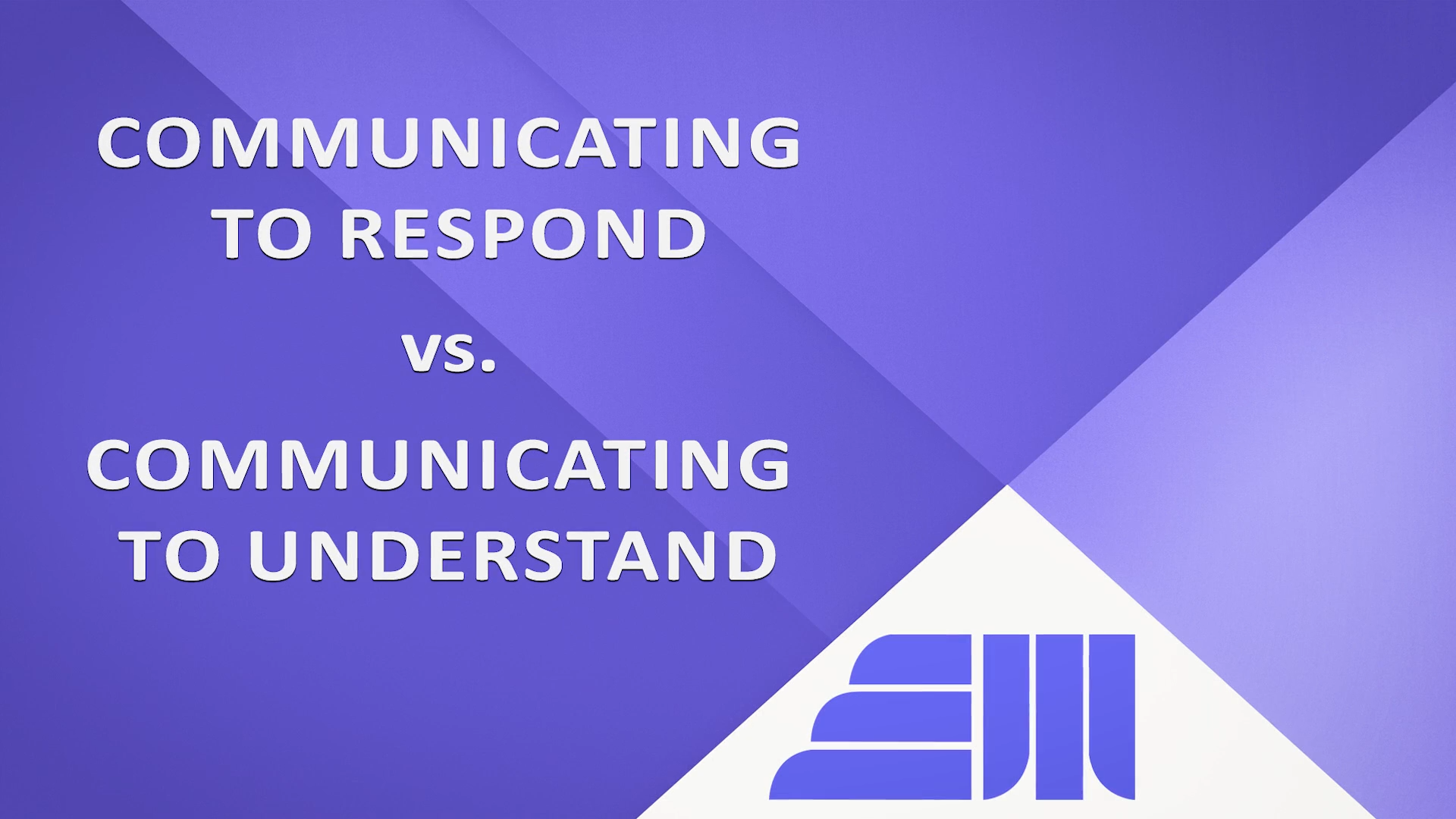
Distinguish Your Leadership with the Combination of Passion and Compassion
Being a passionate leader is no longer enough. Great leaders balance fire with empathy, drive with discernment, and urgency with understanding...

Founder
By Gerald Parsons • Oct 5, 2020
One of my first jobs in real-estate management was running a mega mall in Texas. As a 25-year-old, I was perceived as a “young whipper snapper.” By who? Older retail executives who had dedicated their lives to building successful big box stores. I certainly couldn’t tell them anything, and therefore, they elected not to participate in lease requirements including merchants associations.
Rather than getting lawyers involved and creating conflict and financial consequences, I decided to take a different route. The ring leader of this group was a 70-year-old man who was not ever going to agree or support anything I wanted to accomplish. So, I asked to have a breakfast meeting with him, and he obliged. It occurred to me that this man had decades of retail experience and really wanted to be a mentor to a humble 25-year-old whipper snapper.
It was the humble part that I stumbled over. Once I swallowed my pride and turned down the arrogance, he and I began to build a relationship which led to him listening a little more, and over a very short period of time, his influence changed the game with all the others. From that time on, he led the charge for me, even agreeing to pay for flying Santa Claus in on a helicopter!
One critical thing to keep in mind is that meetings must be meaningful. Millennials especially have an aversion to meaningless and lengthy meetings. It is not that they hate meetings, but they will be more engaged if they are productive, meaningful and brief.
Additionally, dispel the 9-5 work day notion and the idea that in order to get ahead one has to be available 24/7. One of the biggest drivers for millennials is to be able to view and participate in the bigger picture of work outside of “working hours.” The more involved they feel and connected to the holistic side of work-life balance, the better they will perform.
Communication takes on many forms and each one is subject to miscommunication. Using the Communication IQ methodology and assessment will give everyone a road map to effective, reliable and positive results.

Being a passionate leader is no longer enough. Great leaders balance fire with empathy, drive with discernment, and urgency with understanding...

Founder

When communication breaks down, so does trust. And when trust disappears, so does engagement, performance, and retention...

Founder

In todays rapidly evolving business landscape, organizations are increasingly recognizing that their most valuable asset isn't their technology, infrastructure, or even their intellectual property—it's their human capital.

Founder